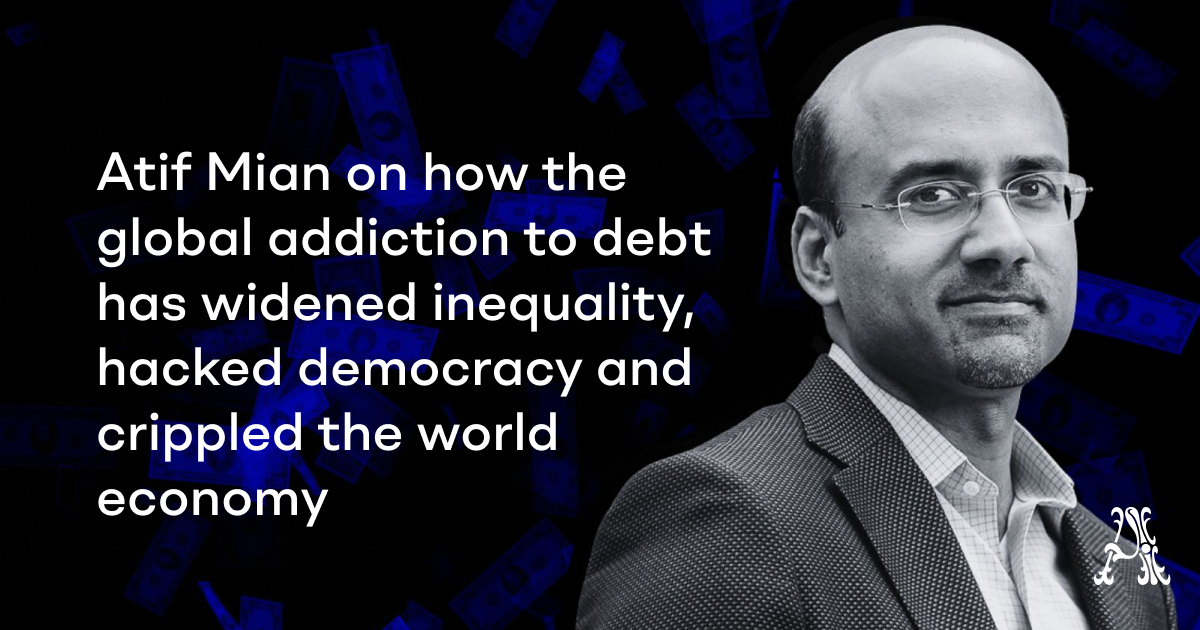


America's national debt has reached unprecedented levels, posing significant challenges for future generations [fc5b9884]. Excessive borrowing has become a form of despotism, burdening the American people and limiting their freedom [fc5b9884]. The addiction to debt must be addressed through fiscal responsibility and a reduction in government spending [fc5b9884]. The consequences of the growing national debt are far-reaching and require urgent attention to ensure the long-term stability and prosperity of the nation [fc5b9884].
A wind of concern is blowing in Quebec after the disclosure of the latest budget of the Quebec government, with worries about the deficit and debt resurfacing [ccfee25c]. However, an article from Actual News Magazine argues that there is another debt that should be of greater concern - the debt we contract with nature through our extractivist economic model [ccfee25c]. This debt, caused by human industrial and commercial activity, has deleterious consequences for the environment and will deteriorate the quality of life and the future of our descendants [ccfee25c]. The article emphasizes that this debt to nature is more tangible compared to the financial debt of a state [ccfee25c].
Princeton economist Atif Mian argues that the world economy is imperiled by the addiction to debt, which has led to widening income inequality [39858afd]. The focus on bailing out banks rather than addressing household debt hindered economic recovery after the 2008 recession [39858afd]. Mian suggests that leniency towards borrowers, such as debt forgiveness and moratoriums on foreclosures, can help stimulate the economy [39858afd]. He also highlights the fragility of the financial sector and the need for structural changes to rebalance the economy and reduce inequality [39858afd]. The excessive borrowing for consumption purposes has led to a debt supercycle, pushing interest rates down and exacerbating inequality [39858afd]. Mian warns that the current system of debt addiction and inequality has hacked democracy and created a sense of hopelessness among young people [39858afd]. He calls for structural changes, including public investments, progressive taxation, and reducing power concentration, to reverse the debt supercycle and create a more equitable economy [39858afd].
The mounting government debt challenges faced by Brazil, Pakistan, and the United States highlight the urgent need for corrective action and prudent fiscal policies. Failure to address these issues could have severe consequences for economic stability, financial markets, and the well-being of citizens. It is crucial for these nations to implement measures that promote fiscal sustainability, reduce debt levels, and ensure long-term prosperity.